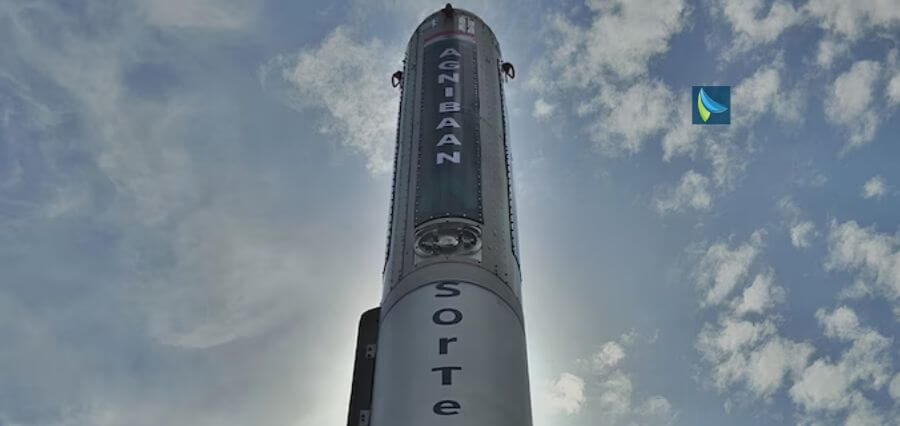In a mission dubbed a’major milestone’ by the ISRO, the vehicle was propelled by the Agnilet engine, the first single-piece 3D-printed semi-cryogenic rocket engine in history.
Agnikul Cosmos successfully launched its SOrTeD mission, a single-stage launch vehicle demonstration driven by a semi-cryogenic 3D-printed engine, marking a crucial turning point for India’s private space industry.
The roughly two-minute mission was a significant milestone in the nation’s and the company’s development of home grown space technology.
ISRO hailed the launch as “a major milestone” and praised the Chennai-based space startup.
“Congratulations Agnikul Cosmos for the successful launch of the Agnibaan SoRTed-01 mission from their launch pad. A major milestone, as the first-ever controlled flight of a semi-cryogenic liquid engine realised through additive manufacturing,” ISRO tweeted.
After being delayed owing to technical issues, the SOrTeD mission, which was originally supposed to launch on April 7, ultimately lifted off from India’s first private launchpad, ALP-01, which is situated at the Satish Dhawan Space Centre in Sriharikota.
The mission included a 6.2-meter-tall, single-stage launch vehicle with an elliptical nose cone, fitted with in-house autopilot software and cutting-edge avionics design.
The vehicle was powered by the Agnilet engine, which is the first single-piece 3D-printed semi-cryogenic rocket engine in the world. Before landing in the Bay of Bengal, the operation required a series of precision maneuvers, such as wind biasing and a pitch-over manoeuvre. Targeting the multi-billion dollar small satellite launch industry, Agnikul Cosmos has made great progress with the successful launch of SOrTeD.
The Agnibaan launch vehicle, which is anticipated to be highly customizable and able to transport a 300 kg payload to a 700 km orbit, will benefit from the mission’s data as it is developed.
Read More: Click here


